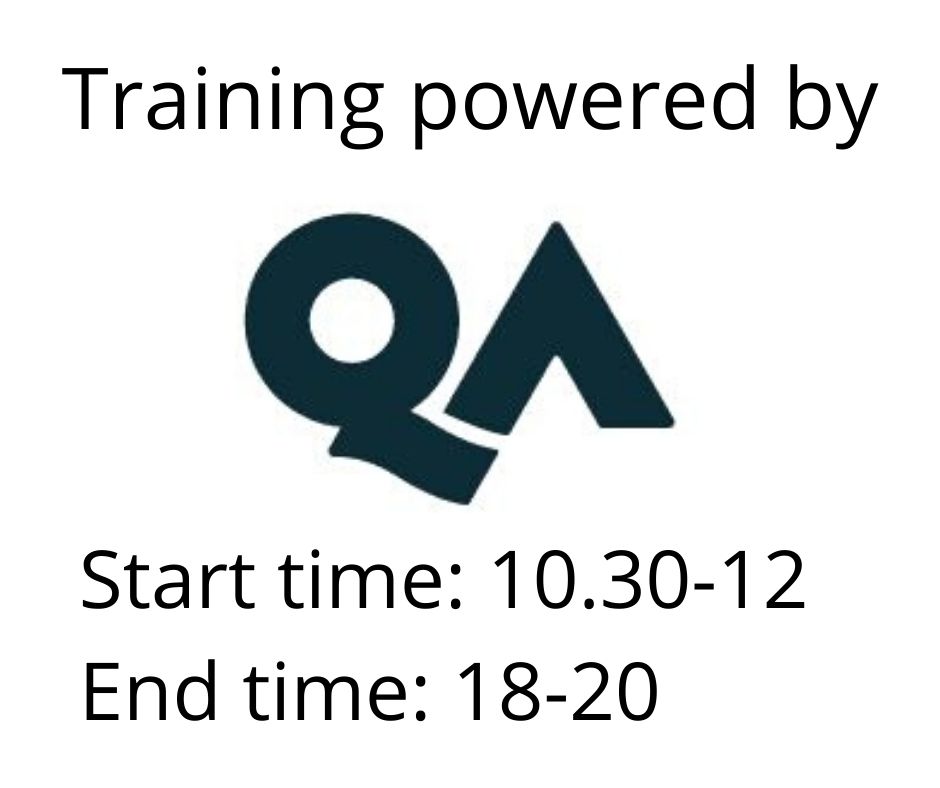Red Hat Enterprise Linux Diagnostics and Troubleshooting
Osallistumismuoto
Remote
Kesto
5 päivää
Hinta
3626 €
The Red Hat Enterprise Linux Diagnostics and Troubleshooting course (RH342) provides system administrators with the tools and techniques they need to successfully diagnose, and fix, a variety of potential issues. Students will work through hands-on problems in various subsystems to diagnose and fix common issues.
Students will learn how to apply the scientific method to a structured form of troubleshooting. This approach is then used troubleshooting various types of problems, including boot issues, hardware issues, storage issues, RPM issues, network issues, third-party application issues, security issues, and kernel issues. At the end of the course students can complete various comprehensive review labs to test their skills.
Target Audience
The Red Hat Enterprise Linux Diagnostics and Troubleshooting course is aimed at senior system administrators who wish to learn more about troubleshooting.
Course summary
- Use the scientific method to approach troubleshooting
- Troubleshoot boot issues
- Troubleshoot security issues
- Troubleshoot storage issues
- Troubleshoot network issues
Impact on the organization
This course is intended to develop the skills needed to prevent costly downtime due to system failure and quickly recover failed systems using analysis, diagnosis, and troubleshooting.
Red Hat has created this course in a way intended to benefit our customers, but each company and infrastructure is unique, and actual results or benefits may vary.
Impact on the individual
As a result of attending this course, students should be able to leverage the software development life-cycle process to plan, create, test, and provision host systems within an organization.
Students should be able to demonstrate the following skills:
- Installation of Red Hat Satellite 6
- Software life-cycle management of software used to provision and maintain configured hosts within a controlled production environment
- Have earned a Red Hat Certified System Administrator (RHCSA) or have similar experience
- It is recommend that students have earned a Red Hat Certified Engineer (RHCE) or have similar experience
Please note: In order to provision you with your courseware and lab access for this course QA must share several items of basic personal information with our partner (usually your full name and email address). For more information on this please visit our QA Partner data sharing page. If you have any questions or concerns please contact your QA account manager.
Introduction to troubleshooting
Describe a generalized strategy for troubleshooting.
Take proactive steps to prevent small issues
Prevent small issues from becoming large problems by employing proactive system administration techniques.
Troubleshoot boot issues
Identify and resolve issues that can affect a system's ability to boot.
Identify hardware issues
Identify hardware problems that can affect a system's ability to operate.
Troubleshoot storage issues
Identify and fix issues related to storage.
Troubleshoot RPM issues
Identify and fix problems in, and using, the package management subsystem.
Troubleshoot network issues
Identify and resolve network connectivity issues.
Troubleshoot application issues
Debug application issues.
Deal with security issues
Identify and fix issues related to security subsystems.
Troubleshoot kernel issues
Identify kernel issues and assist Red Hat Support in resolving kernel issues.
Red Hat Enterprise Linux Diagnostics and Troubleshooting comprehensive review
Practice and demonstrate knowledge and skills learned in Red Hat Enterprise Linux Diagnostics and Troubleshooting.
Hinta 3626 € +alv
Pidätämme oikeudet mahdollisiin muutoksiin ohjelmassa, kouluttajissa ja toteutusmuodossa.
Katso usein kysytyt kysymykset täältä.
